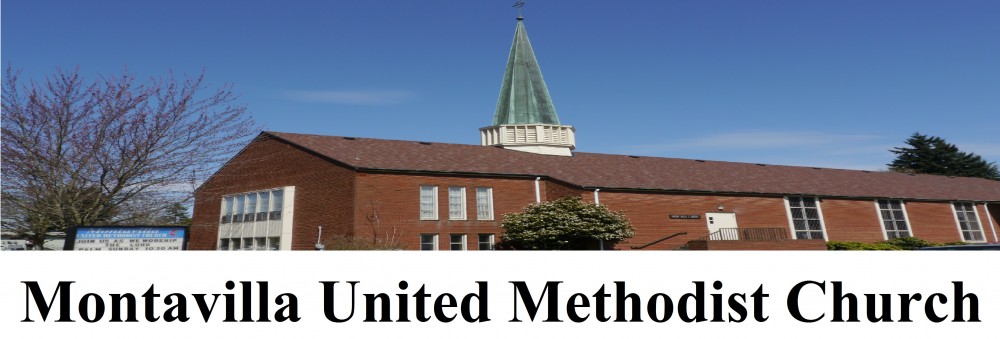Luke 6:17-26
He came down with them and stood on a level place with a great crowd of his disciples and a great multitude of people from all Judea, Jerusalem, and the coast of Tyre and Sidon. 18 They had come to hear him and to be healed of their diseases, and those who were troubled with unclean spirits were cured. 19 And everyone in the crowd was trying to touch him, for power came out from him and healed all of them.20 Then he looked up at his disciples and said:
“Blessed are you who are poor,
for yours is the kingdom of God.
21 “Blessed are you who are hungry now,
for you will be filled.
“Blessed are you who weep now,
for you will laugh.22 “Blessed are you when people hate you and when they exclude you, revile you, and defame you on account of the Son of Man. 23 Rejoice on that day and leap for joy, for surely your reward is great in heaven, for that is how their ancestors treated the prophets.
24 “But woe to you who are rich,
for you have received your consolation.
25 “Woe to you who are full now,
for you will be hungry.
“Woe to you who are laughing now,
for you will mourn and weep.
26 “Woe to you when all speak well of you, for that is how their ancestors treated the false prophets.
Please open up your bulletin to the scripture, because we are going to walk through this together, because I want you to see just how “weird” and offensive the teachings of Jesus were to his first century people.
Our reading begins with a little context. Jesus has just “officially” chosen the 12 disciples, so the disciples are the “them” who came down with Him and stood on the level place with the great crowd of disciples, because it wasn’t just the 12 who followed Jesus around everywhere. And there was also a great multitude of people from the nearby places: not just Jews from Judea and Jerusalem, but also people from Tyre and Sidon, which are in modern day Lebanon and were not Jewish cities, they were Syrophoenician cities. I point this out because, in the gospel of Luke, Jesus’ ministry is for All people, not just Jewish people, from the very beginning! This is different from the gospels of Mark and Matthew, where Jesus calls the Syrophoenician or Canaanite woman a dog stealing food from the children of Israel. (Mark 7:26 Matthew 15:22)
The idea of God being for All People, is one of the central shifts in belief from first century Judaism, to Christianity. Before the first Century every nation had their own personal deity, but in the first century the Roman roads brought immigrants from everywhere and people began to explore other religions. Christianity was one of the first religions to promote the idea that God loves people of All Nations. The idea that anybody, from any and all nations could become a Christian was absolutely radical at the time!
Luke/Acts were written as a 2 book set for all of us theophilus-es, which is Greek for God-lover, who were born after the death of the apostles. (Acts 1:1-2) By the time Luke/Acts were written, the theology of One God for All Nations has been firmly established in Christianity. All of the Theology in Luke/Acts is more *formed,* especially in comparison to the gospel of Mark, where the disciples are constantly confused – reflecting the confusion that many of the earliest Chrstians felt at how strange and new the teachings of Jesus felt to them.
So in Luke, Jesus is healing and teaching all kinds of people, Greeks, Romans, and Syrophoenicians who used to be called Canaanites — in other words – Jesus is showing love to the enemies of Israel. This indiscriminate love is offensive, because, then as now, this world teaches us that we should only show compassion to those who “deserve,” it. But Jesus showed compassion to everybody.
Verse 20, “Then he looked up at his disciples and said:”
Notice that Jesus isn’t looking at the crowd when he starts teaching. Jesus is looking at the people who have already said yes to God. Jesus is looking right through the souls of his disciples, all the way through history, and straight into us, who claim to follow him now.
“Blessed are you who are poor,
for yours is the kingdom of God.
21 “Blessed are you who are hungry now,
for you will be filled.
“Blessed are you who weep now,
for you will laugh.
I know many of you have heard this passage all your life. Maybe you had Sunday School worksheets covered in yellow bees for the Bee-Attitudes. But look more deeply, because this teaching is weird.
Is it a blessing, to be poor, hungry and grieving?
Shall we go outside and ask our houseless neighbors if they experience poverty and hunger as a blessing?
Is it a blessing, to be hated, excluded, reviled, and defamed?
Personally, I don’t enjoy it when angry neighbors call the church and yell at me, “you better not be giving out food or anything to those homeless people!”
Even when it’s for all the right reasons, I don’t enjoy being yelled at, do you?
I want you to notice that the Bee-Attitudes are weird.
They are upside down and backwards from the way the world works.
Look at verses 24 – 26.
Woe to you – is a classic Hebrew prophet style of saying, God is NOT pleased!
The main goals of our culture are to become rich, have plenty of yummy things to enjoy, to be laughing out loud happy, and to be popular and well thought of, right?
I mean, our country has codified, “the pursuit of happiness” into our bill of rights!
And the original version was “the pursuit of wealth.”
Jesus just stared us down through the ages and told us that everything that we think is bad, is actually good and everything we think is good is actually woeful!
Why? Look at verses 23 and 26, and remember that Jesus is looking straight at his Disciples – the people who become the Leadership and the Clergy of the Church.
Jesus explains that false prophets are rewarded with wealth, good food, happiness, and popularity, because they are saying what the rich and powerful want to hear.
And true prophets are often poor, hungry, grieving, hated, excluded, reviled, and defamed for daring to preach the gospel of Love for All people.
So, rejoice with Eccumenical Ministries of Oregon, that the current administration has cut off their federal grants, because this is what the corrupt kings of the past did to the prophets.
Rejoice when neighbors yell at us for sharing our building with Rahab’s Sisters, because surely our reward in Heaven will be great for taking this risk.
Rejoice that we are a small poor church, who serves the poor, because we really are acting like citizens of the Kingdom of God!
Rejoice, because this IS a place where our weeping is transformed into laughter.
Rejoice, because even though right now, it feels like everything good is being crucified – we know — we believe — we believe beyond believing– that Resurrection is Coming!
So let us celebrate at God’s table, where the hungry will be filled.

